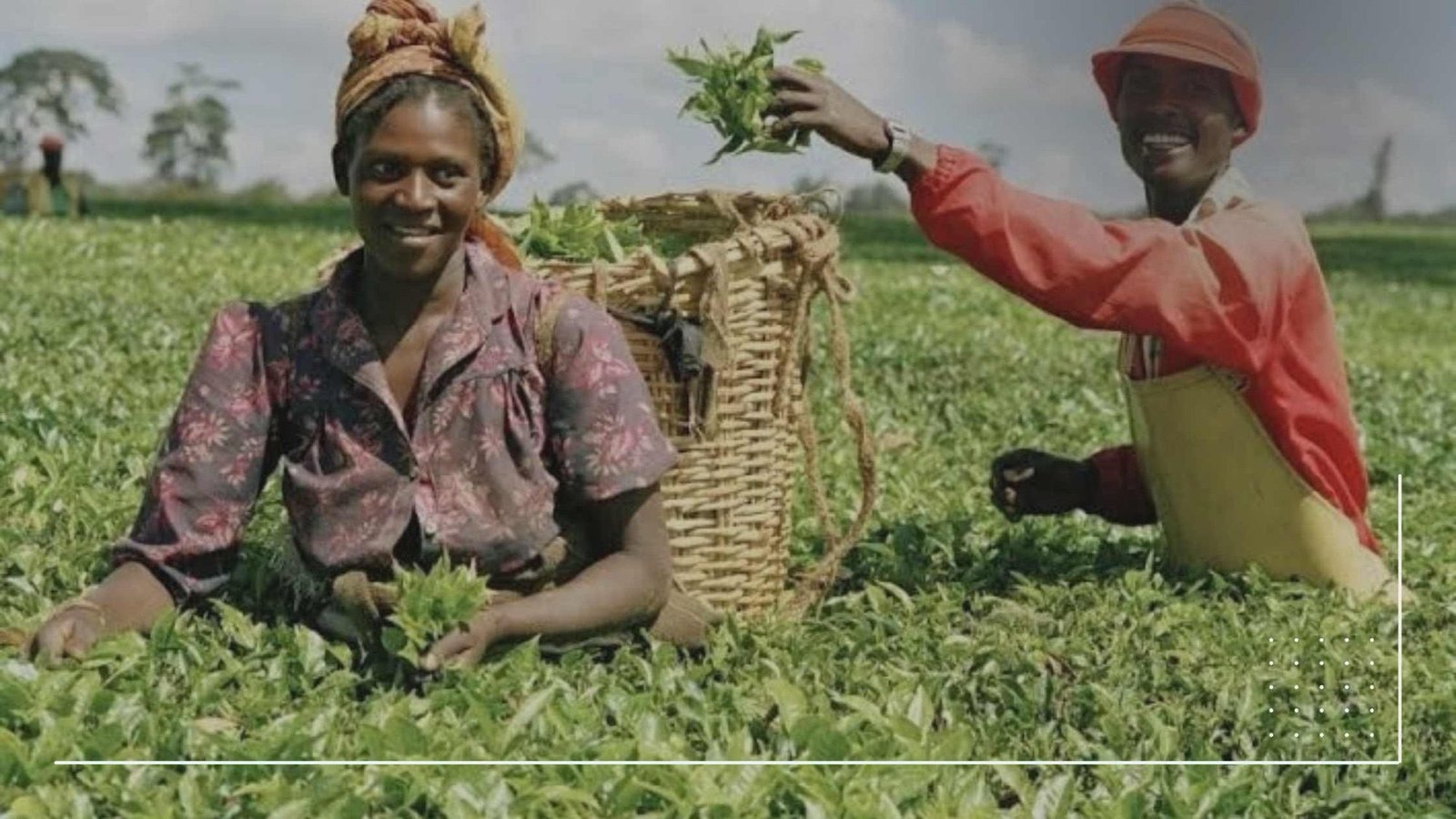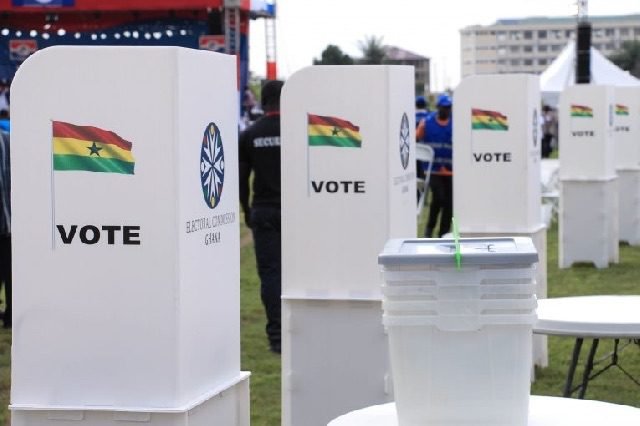IMF reaches Staff-Level Agreement on third review with Ghana
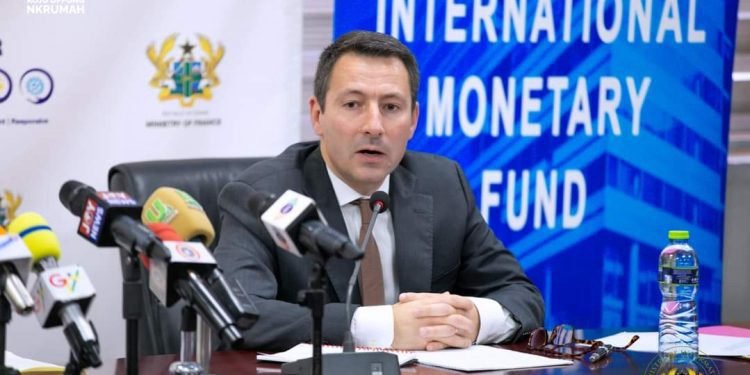
The International Monetary Fund (IMF) team, led by Stéphane Roudet, IMF Mission Chief for Ghana, has reached a Staff-Level Agreement on the third review of the Extended Credit Facility (ECF) program with Ghana. The negotiations, held in Accra from September 24 to October 4, 2024, focused on assessing the country’s reform progress and government policy priorities.
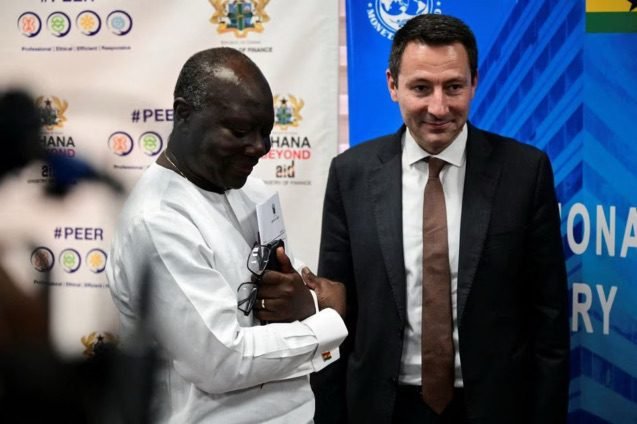
In a statement, Roudet emphasized that “IMF staff and Ghanaian authorities have reached a staff-level agreement on the third review of Ghana’s economic program under the Extended Credit Facility arrangement.” The agreement is now awaiting approval from IMF Management and the Executive Board.
Upon completion of this review, Ghana stands to receive SDR 269.1 million (approximately $360 million), raising the total financial support under the ECF program since May 2023 to SDR 1,441 million (about $1.92 billion).
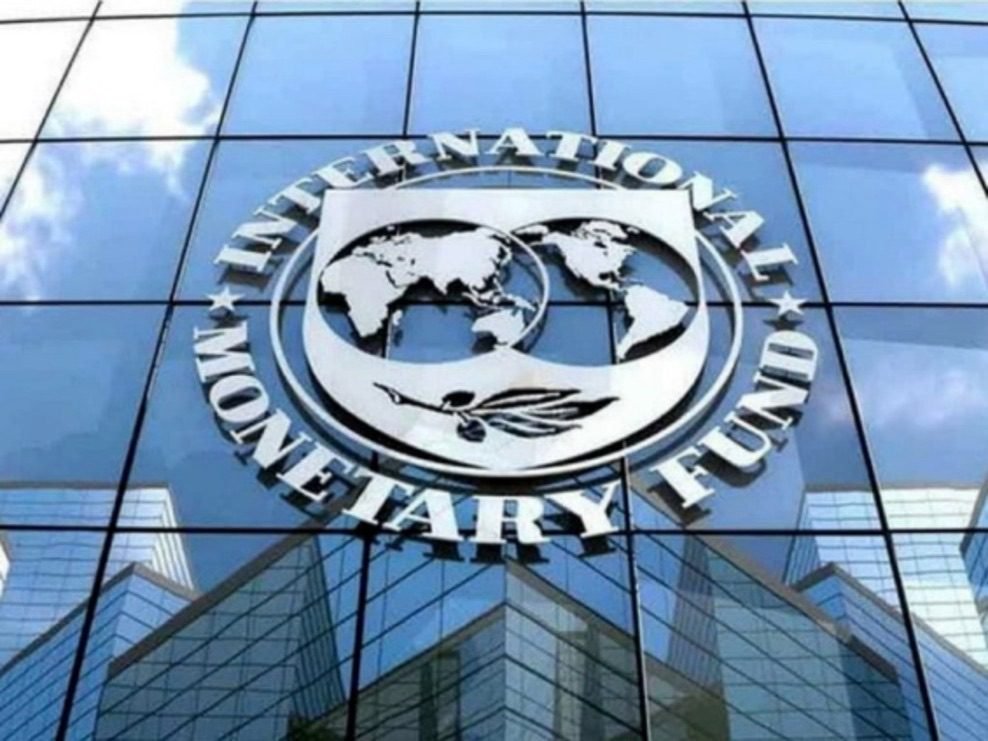
Strong Performance in Economic Growth
The IMF noted that Ghana’s performance under the program has been broadly satisfactory. All quantitative targets for the end of June 2024 were met, and the country made solid progress on key structural reforms, though there were delays in a few areas. Encouragingly, Ghana’s economy grew more than expected in the first half of 2024, driven by growth in the mining, construction, and ICT sectors. This broad-based growth gained momentum during the second quarter as inflation rates continued to decrease.
However, the IMF warned that the recent dry spell in the Northern regions could hamper agricultural production, placing upward pressure on food prices for the rest of the year. Nonetheless, the government’s policy response is expected to cushion the impact of these challenges. The Bank of Ghana has committed to maintaining a tight monetary policy to ensure the continued decline in inflation.
Fiscal and Policy Achievements
Ghana’s fiscal performance in 2024 has remained robust, with the country on track to achieve a primary surplus of 0.5% of GDP, despite the emerging challenges posed by the drought and issues in the energy sector. The discussions also touched on energy sector sustainability and the importance of boosting transparency. Furthermore, policies to strengthen revenue collection and control expenditures were explored, particularly ahead of the December elections.
The IMF also lauded Ghana’s efforts to bolster social protection programs aimed at shielding the most vulnerable communities from the adverse impacts of economic challenges.
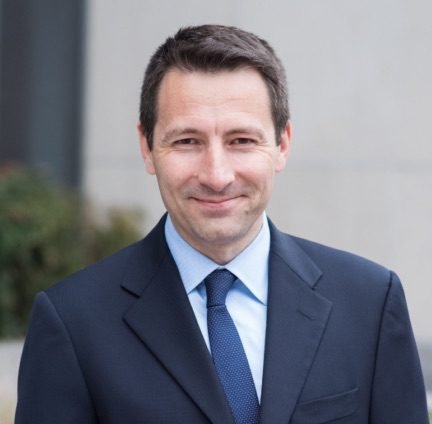
Remarkable Debt Restructuring Progress
The IMF acknowledged Ghana’s remarkable progress in restructuring its public debt. Following the successful restructuring of its domestic debt in 2023 and a Memorandum of Understanding (MoU) reached with the Official Creditors Committee under the G20 Common Framework in June, Ghana has now completed the consent solicitation for restructuring its Eurobonds. The exchange process is expected to take place in the coming weeks.
The IMF praised Ghana’s ongoing good-faith negotiations with other external commercial creditors, highlighting the government’s commitment to securing a debt treatment in line with program goals and principles of comparable treatment.
External Sector Strength and Financial Stability
Ghana’s external sector has improved significantly in 2024, benefiting from strong exports, especially in gold and oil, and a rise in remittances. International reserves have also surpassed program targets. Financial stability has been maintained, with increased bank profitability and progress on recapitalization efforts.
The IMF team concluded its statement by expressing gratitude to Ghana’s Finance Minister, Bank of Ghana Governor, government representatives, and other stakeholders for their constructive engagement throughout the review process.





